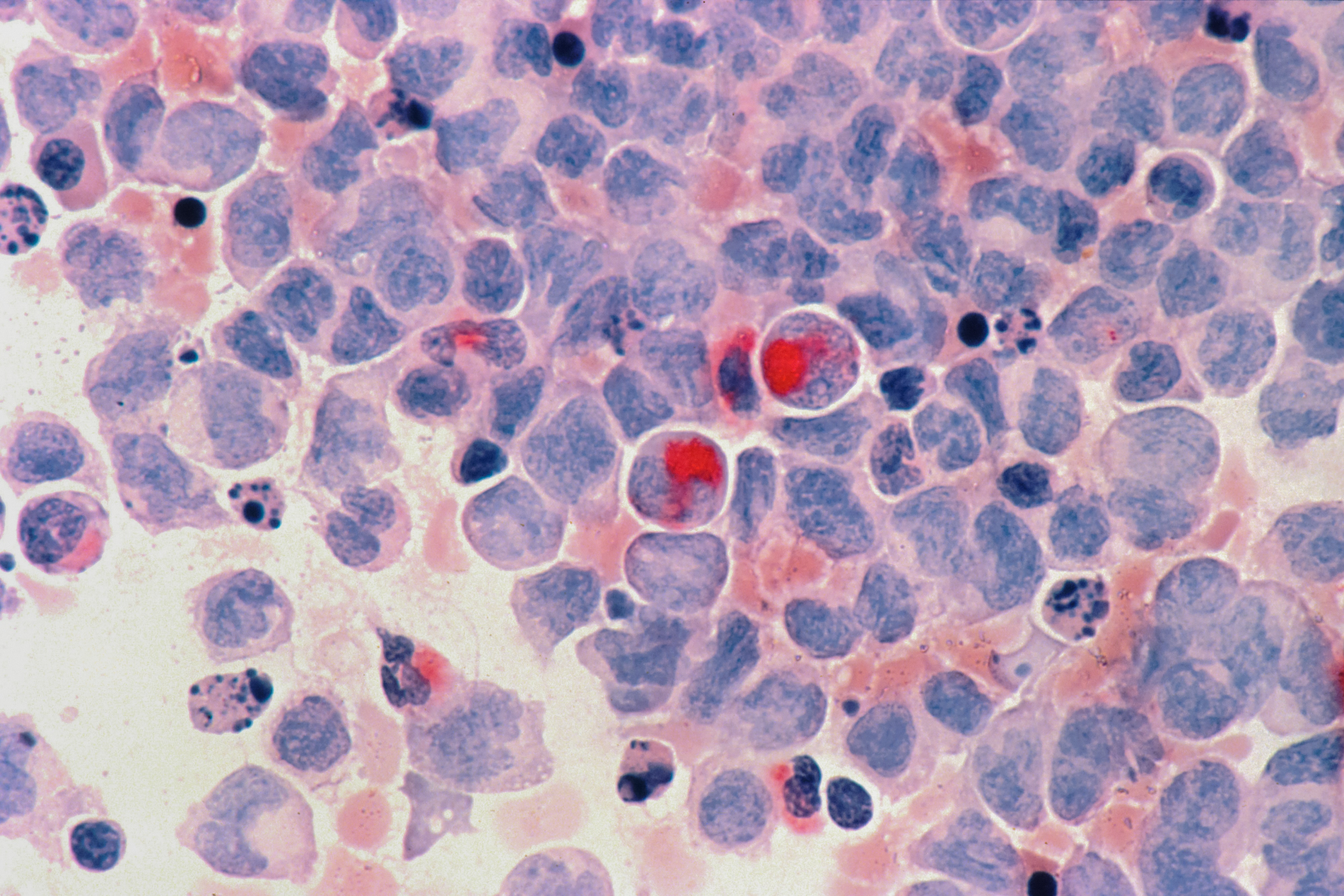News release
From:
Cancer: Anti-cancer agent may slow tumour growth and reduce treatment resistance
Tumour growth and metastasis are inhibited with a therapeutic monoclonal antibody NP137 in mouse models of endometrial cancer and skin cancer, two papers published in Nature find. One study also reports a first-in-human clinical trial of the agent in individuals with advanced endometrial cancer, which indicates that this anti-tumour strategy warrants further investigation.
As cancers progress, they go through a cellular change called the epithelial-to-mesenchymal transition, which is associated with tumour development, progression, metastasis and resistance to chemotherapy and immunotherapy. Treatments that block this transition might be a promising approach to cancer therapy. A protein called netrin-1 is known to be up-regulated in some cancers with a suggested role in the development of tumours. Two new studies show that blocking this protein can inhibit the epithelial-to-mesenchymal transition.
Agnès Bernet, Patrick Mehlen and colleagues show that netrin-1 is upregulated in human endometrial cancer. In mouse models of the disease, they show that blocking netrin-1 activity triggers cancer cell death and inhibits the epithelial-to-mesenchymal transition. Based on these findings, the authors examined the potential of NP137, a monoclonal antibody that blocks netrin-1, in a human phase 1 clinical trial involving 14 patients with advanced endometrial cancer. The treatment was shown to be safe, and anti-tumour responses were observed in nine of the patients; eight patients’ disease stabilized and in one patient, liver metastasis shrank by more than 50%. In mouse models, the performance of conventional chemotherapy drugs (carboplatin and paclitaxel) improved when combined with NP137.
In a separate study, Cédric Blanpain and colleagues demonstrate that NP137-mediated inhibition of netrin-1 reduced the proportion of cells undergoing epithelial-to-mesenchymal transition in a mouse model of squamous cell carcinoma. The treatment reduces the number of metastases and increases tumour sensitivity to chemotherapy. The authors also assess the treatment in human cancer cells transplanted into mice and show that netrin-1 blockade inhibits epithelial-to-mesenchymal transition in these cells.
Together, the findings suggest that therapies to inhibit netrin-1 could be used to overcome treatment resistance.



 International
International



